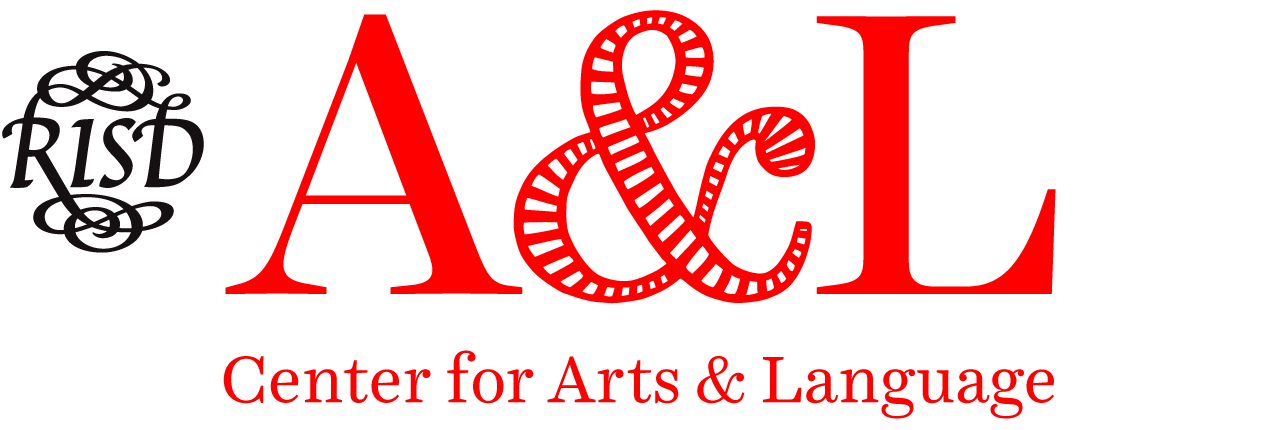Grad School Applications
The decision to pursue a graduate degree relies on multiple factors, from your career goals to your research interests to finding the right program. These details are also important to creating effective application materials. That’s why we advise starting with research and introspection before jumping into writing an admissions essay: the process feeds the final product.
When writing anything, it’s important to understand your audience as well as your purpose: who are you talking to and what do you want from them? For masters program applications, this means understanding the school or schools you’re applying to and what you want out of their program. Before you begin drafting, you’ll need to do some researching and soul searching.
Research
Looking deeper into the schools you’re interested in will help you decide which applications to prioritize as well as provide material to refer and relate to in your essay. Search their websites for:
a mission statement
a values statement
program focus and goals
faculty projects/topics
Soul Search
These applications ask you to write about yourself personally and professionally. If you don’t already have a clear sense of the following prompts, you may want to discuss them with a career advisor or trusted friend or even freewrite (exploratory writing to discover what you think):
Why do you want to go to grad school?
What research questions or academic explorations are you keen to pursue?
Why is this the right moment for it?
What are your long-term goals (imagine specific projects, career moves, etc.)?
Why is this program/institution the right one for you? Why does it stand out among others?
How will you work with faculty and other students in the program?
How will you leverage the resources available at the school?
Statements of Purpose and Personal Statements
Most schools require both a statement of purpose and a personal statement with your application. Some programs only ask for one or the other—or even ask a set of specific short essay questions. If their prompts don’t dictate content, the following is a good starting place:
Personal Statement
Your character and interests
Life events, educational history, any experiences that shaped you as a student/artist/designer/etc.
Your philosophy or approach to learning/art/design/etc.
Elements of your artist statement
Connect to grad school as next step
Statement of Purpose
Your experiences and aspirations
Your strengths, how the program builds on them/gaps that the program would fill
Intended research topic (especially for a PhD)
How you’d contribute to the learning community of the program; what you’d get out of it
Emphasis on this program as the best fit and necessary next step for you (think of this as the thesis statement you’re arguing)
Application essays usually balance professionalism and enthusiasm in tone and aim to persuade the reader that applicant and program are a perfect fit for each other. While you don’t need to hide your lofty aspirations and big ideas, remember to ground them with concrete experiences and more immediate, personal goals. The following is a strong outline for accomplishing this (or at least a helpful place to start):
Enticing introduction — get the reader interested; reveal your goals
Practical overview — describe your study interests, what you’d gain from the program
Context around the topic — what’s at stake; maybe include research/references
Your plan in the program — specify courses/faculty of interest, what you’ll contribute
Conclusion that points to greater significance — to you, the field, your next steps
If writing both a Statement of Purpose and a Personal Statement, this outline will likely work best for the Statement of Purpose; the Personal Statement is then an opportunity to write more of a narrative or reflective essay.
This may seem formulaic, but your unique experiences, perspectives, and interests will give your essay character. Of course, you may feel compelled to try something different in order to stand out from the crowd of applicants. In that case, keep your audience and purpose in mind as you write and revise. Share your drafts with a trusted friend, career advisor, or peer tutor to understand how others receive your ideas, style, and persuasiveness.
